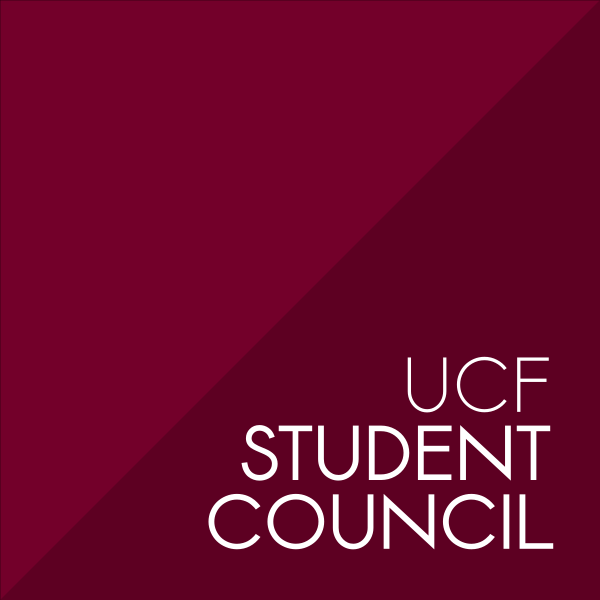
About
We believe in rationality, tea and a barely controlled maelstrom of ideas.
Core Team: Ani Diaconu, Lucie Becker and Sandra Mirwald
To propose a topic/cultural object for a discussion, to ask to be included in the mailing list, or for other contacting needs, reach out via
ucf.quixotic (at) protonmail.com .
Upcoming Sessions
Quixotic #2.1: On the search for happiness in trying times (Wednesday, 14.05.2025, 18:00, Co-Creation Room, AU) What better way to kick off a semester than by reflecting on trying times and how to find fulfillment? We will start our discussion with a 1950s piece reposted by Aeon, in which Pulitzer Prize-winning US writer and poet Mark Van Doren and the German-born theologian and philosopher Paul Tillich are interviewed by Huston Smith for the TV program The Search for America. In this episode, Smith starts by wondering about the highest attainable goals that remain to the American people once all material needs have been covered and peace and prosperity reign. “Would we know how to proceed, or would be like the man who yearned for eternity, but didn’t know what to do with a rainy afternoon? What is the objective of our lives?” Van Doren thinks people have a duty to be happy without ignoring the tragedy surrounding them, and that happy “is the hardest thing to be”. Tillich posits our highest goal is “to bring into reality the powers given to us”. Whether you agree with them, or maybe especially if you don’t, join us for an (almost) untethered debate without end. (Or until the Hausmeister throws us out!) *Note: You absolutely do not have to watch the video to take part (it is a tad long, sorry)! The conversation will follow many tangents, and that is absolutely the best part! Chaired by: Ani
Quixotic #33: Vitra Design Museum Trip (Saturday 08.07.2023, 10:00, Vitra Design Museum in Weil am Rhein)
We will be visiting the exhibitions “Garden Futures – Designing with Nature” and “Hot Cities – Lessons from Arab Architecture” to learn more about the future of climate change and design.
Chaired by: Radu
